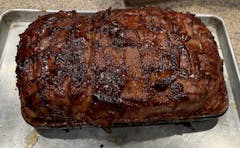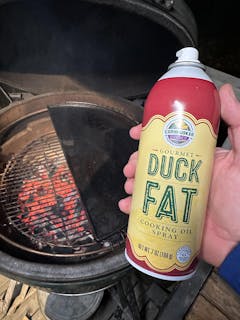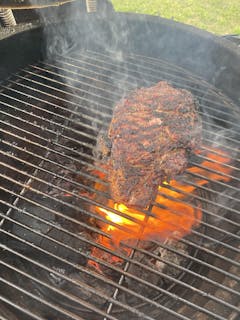Frequently Asked Questions - Carbon Steel Cookware
Safety Carbon Steel Cookware Questions
Is carbon-steel cookware safe?
Yes, carbon steel cookware is safe to use for cooking. It's a popular choice among professional chefs and home cooks due to its excellent heat conductivity, durability, and versatility in the kitchen. Here are a few points to consider regarding its safety:
-
Non-Toxic: Carbon steel cookware is made from iron and carbon, with no harmful chemicals or coatings that could leach into your food. This makes it a safe alternative to non-stick cookware that contains PTFE (Teflon) or other chemical coatings.
-
High Heat Tolerance: Carbon steel can withstand very high temperatures, making it ideal for searing, frying, and sautéing without releasing harmful fumes. Unlike some non-stick pans, it does not emit toxic fumes when overheated.
-
Requires Seasoning: Like cast iron, carbon steel needs to be seasoned to create a natural, non-stick surface and to prevent rust. The seasoning layer is just cooked-on oil, which is completely safe for cooking and even contributes to the flavor of your dishes.
-
Reactivity with Acidic Foods: Carbon steel can react with highly acidic foods like tomatoes or citrus, potentially leading to a metallic taste and the breakdown of the seasoning layer. It’s generally recommended to use seasoned carbon steel pans for short cooking durations with acidic foods or to avoid cooking very acidic foods in them until a thorough seasoning layer is developed.
-
Maintenance: With proper care, including regular seasoning, gentle cleaning, and drying after use, carbon steel cookware can be a safe and long-lasting addition to your kitchen.
Overall, carbon steel cookware is a safe option that, with correct maintenance, provides excellent culinary performance and can enhance your cooking experience without any safety concerns.












